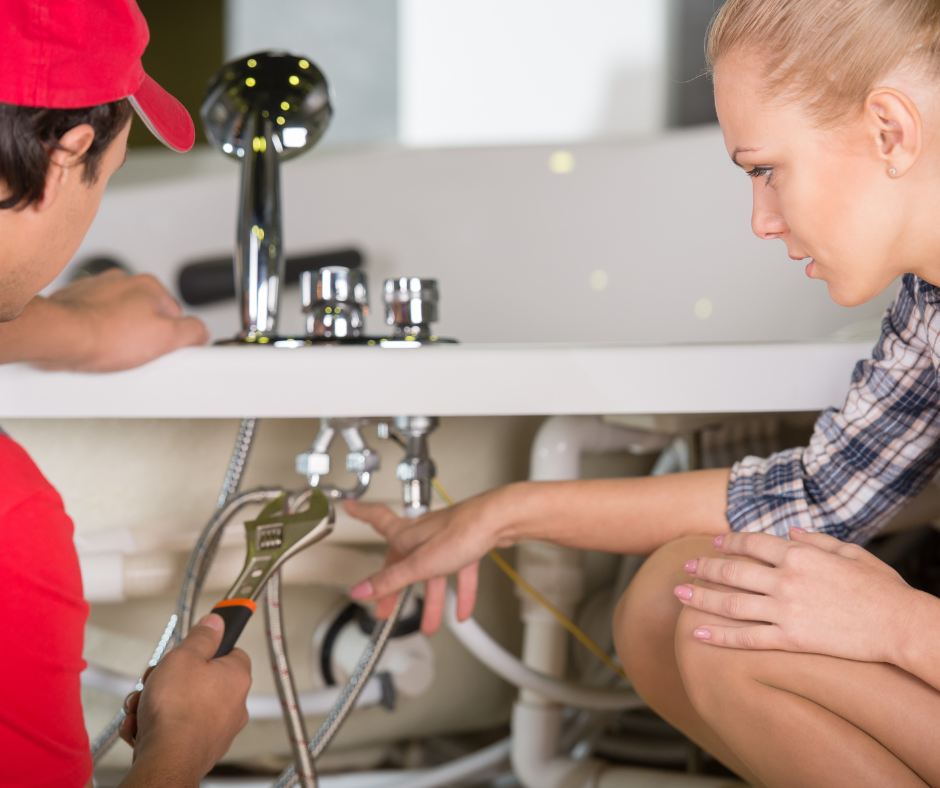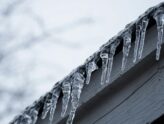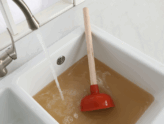Spring into Plumbing: Essential Checks for a Smooth Season
Spring’s arrival brings a fresh start, not just for nature but for your home too, especially your plumbing system. After the tough winter in Durham Region, it’s important to get your plumbing checked and ready for the warmer months ahead.
Ignoring your plumbing now might cause problems later that could keep you from enjoying the nice weather. Caldwell Plumbing offers a spring plumbing preparation guide to keep your system running smoothly.
Understanding the Importance of Spring Plumbing Checks
Winter can be tough on your plumbing, causing everything from frozen and burst pipes to extra strain on your heating system. Just like swapping out your winter clothes for spring, checking your plumbing might not be fun, but it’s essential. A little effort now can save you a lot of time, money, and hassle later by preventing bigger problems.
The Must-Do Spring Plumbing Checklists
Our spring plumbing preparation guide covers DIY checks you can make inside your house and in your yard!
Outdoor Plumbing Checks
The outdoor elements of your plumbing system have been out in the elements all winter, from your garden hoses to the underground sprinkler systems. Here are the outdoor plumbing checks to perform as the temperatures start to increase:
Inspect Hose Bibs and Outdoor Faucets
Start by checking for leaks or any signs of damage where your hoses and faucets connect. Cold weather can easily weaken these points when pressure is applied. Tighten any loose connections, inspect for visible cracks, and turn the water on to test for holes.
Clean Gutters and Downspouts
Clogged gutters can spell disaster for your home’s drainage system. Clearing out debris from the gutters and downspouts helps water flow away from your house, protecting the foundation and preventing potential water damage.
Sprinkler System Inspection
Check all sprinkler heads for damage and clear any soil or debris that may have gathered in the melt. Turn on the system, zone by zone, to check for leaks or non-functioning heads that need to be replaced.
Indoor Plumbing Checks
From your kitchen to your bathrooms, this is an excellent time to ensure every part of your plumbing system is running smoothly.
Check for Leaky Faucets and Pipes
An undetected leak can lead to costly water bills and even structural damage. The familiar “drip, drip, drip” should never be ignored. Check all of your fixtures and faucets and inspect pipes under the sinks for any signs of moisture. Remember, if you spot it, stop it!
Water Heater Maintenance
Over time, sediment buildup in your water heater can reduce efficiency and lead to corrosion. Flush your water heater to remove this sediment and keep things running smoothly. Inspect the unit for any signs of water around the base which could indicate an issue.
Sump Pump Functionality Test
A sump pump is your home’s last line of defence against flooding, but only if it works when it should. With spring rains on the horizon, pour several gallons of water into the sump pit to trigger the pump and ensure it’s working properly.
Inspect Toilets for Leaks and Efficiency
Toilets account for a significant amount of water usage in the home. A leaking toilet can waste hundreds of gallons of water each day, which is both environmentally and financially taxing. Add a few drops of food colouring to the tank and wait fifteen minutes without flushing. If coloured water appears in the bowl, you’ve got a leak.
Common Spring Plumbing Problems and How to Avoid Them
While preventive maintenance significantly reduces the likelihood of plumbing problems, certain issues can still sneak up on you. Being aware of potential problems can help you recognize and resolve them promptly.
Clogged Drain Lines
Hair, soap scum, and other debris can build up in your drain lines, especially after a cold Durham Region winter. Be cautious of what goes down your drains to prevent clogs. Consider using a biodegradable cleaner or, better yet, our high-pressure drain cleaning service for a thorough clean-out.
Leaks from Winter Damage
Some issues aren’t discovered until after the weather warms and the pipes fully thaw, highlighting the damage that occurred during the winter freeze. Regularly inspect your plumbing, and if you detect any leaks, we can repair them quickly. Early intervention can prevent extensive water damage and costly repairs down the line.
Water Pressure Issues
Fluctuations in water pressure could be a sign of a systemic problem or a damaged component, such as a clogged aerator. Check your fixtures and pipes for obstruction, and if you’re unable to resolve the issue, it may be time to call in the professionals.
DIY vs. Professional Plumbing Maintenance
There are certain spring plumbing preparation tasks that homeowners can tackle themselves and others that are best left to the professionals. We believe in empowering homeowners with the knowledge to perform simple maintenance while understanding that sometimes you might need to call in the experts.
The qualified plumbers at Caldwell Plumbing can provide a thorough, in-depth inspection of your plumbing system, catching issues that might have developed over the winter. They have the experience and tools to diagnose problems and perform necessary maintenance that goes beyond typical DIY.
Contact Us for Your Spring Plumbing Check-Up!
Spring is a season of new beginnings and is an excellent time of year to take stock of your home’s plumbing and perform the necessary checks to ensure smooth sailing. By following our guide for spring plumbing preparation, you can prevent costly damage and repairs
Whether you’re a seasoned home DIY enthusiast or prefer to leave it in the hands of the pros, Caldwell Plumbing is here to help you maintain a healthy and efficient plumbing system. Contact us today to schedule your spring plumbing check-up!
Frequently Asked Questions
Here are answers to some common questions to help you understand more about spring plumbing preparation!
Why do pipes burst in spring?
Pipes can burst in spring because winter’s freeze-thaw cycle weakens them. Frozen water expands, and when it thaws, the increased pressure can cause these weakened pipes to burst. Regular checks can prevent this.
Should I cover outdoor faucets and hose bibs after performing spring checks?
In Durham Region, spring temperatures can still drop below freezing at night, so it’s a good idea to cover them until you can count on consistently warmer weather.
How do I know if my sump pump isn’t working properly?
Signs include the pump not activating when the pit fills with water, strange noises during operation, or if the pump runs continuously.
















